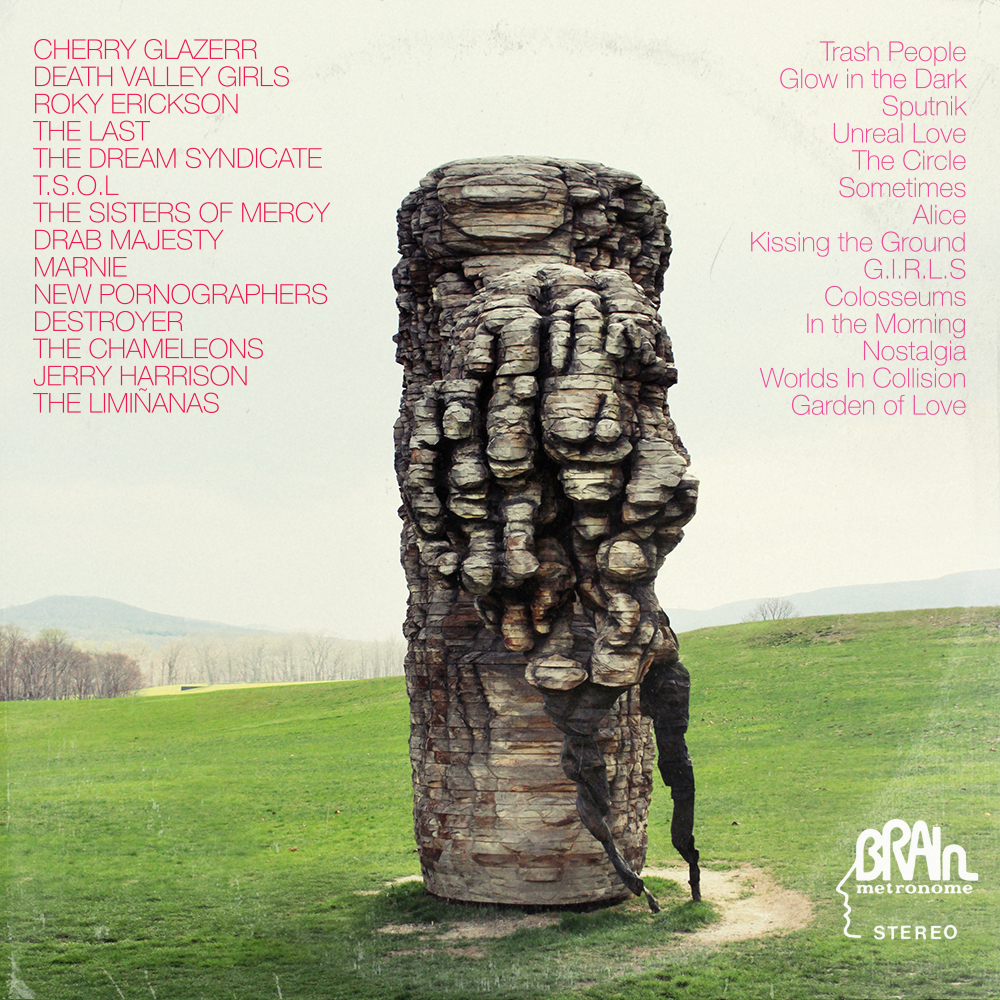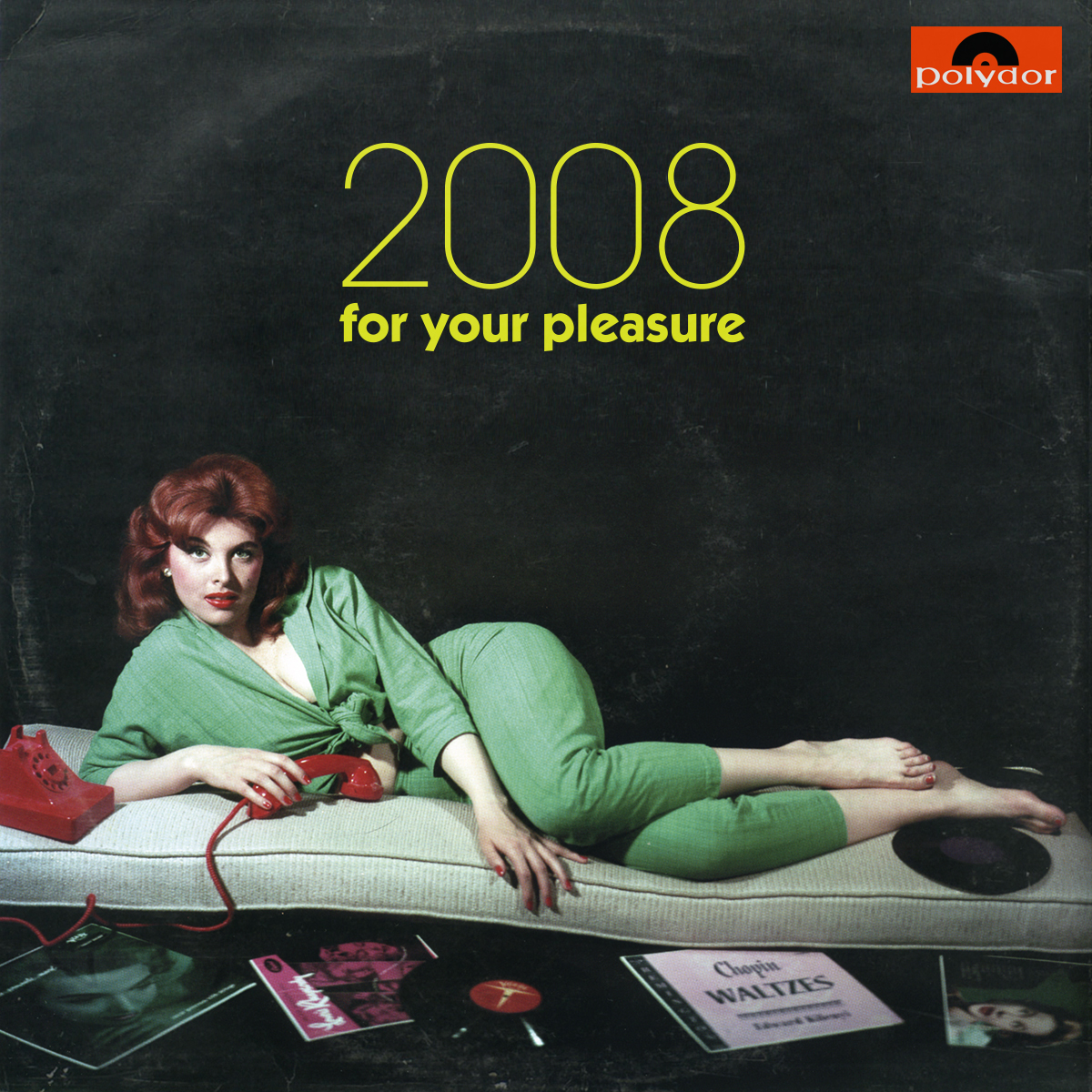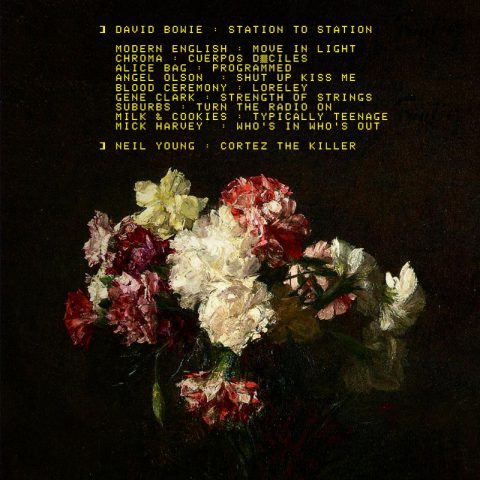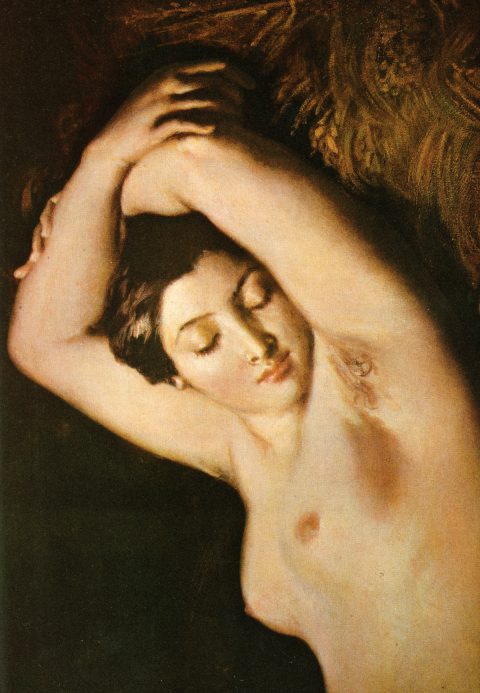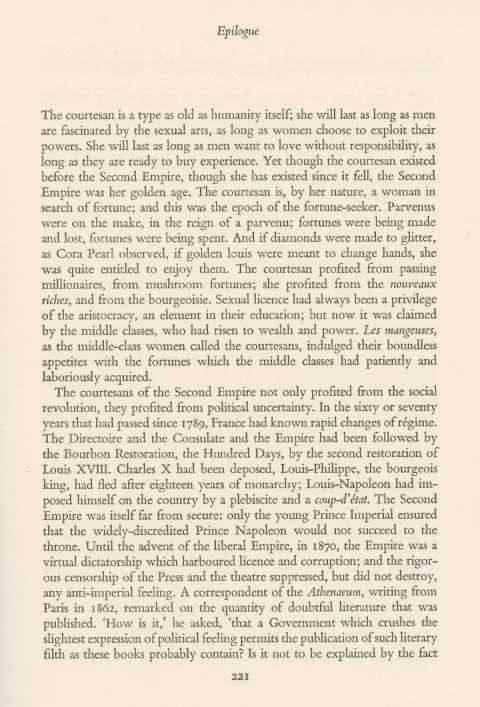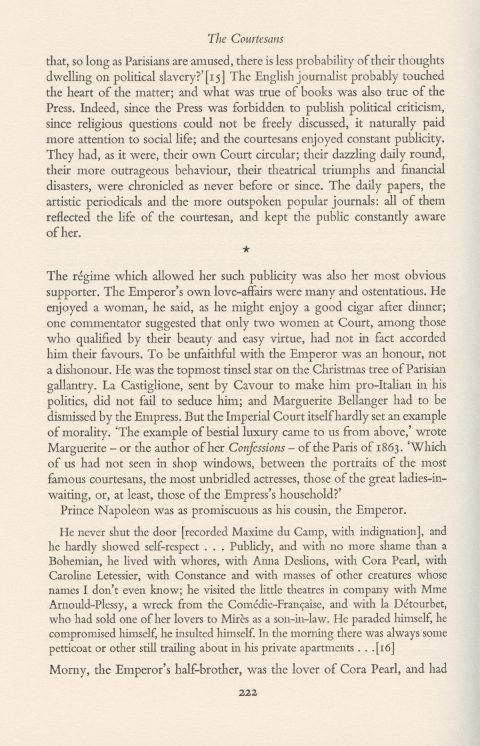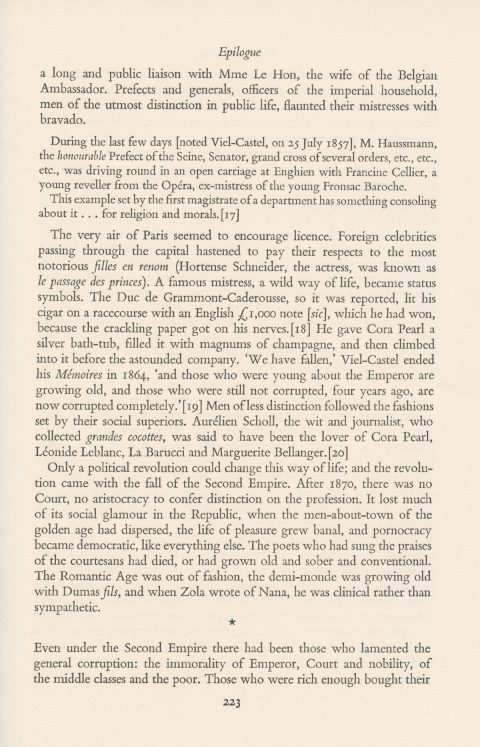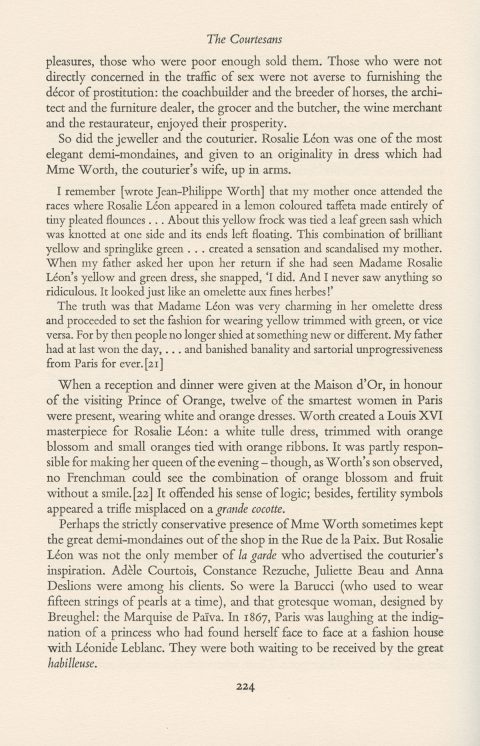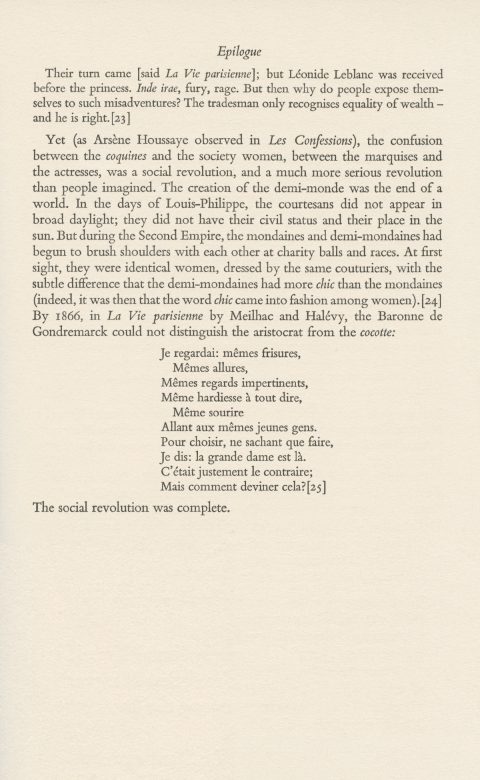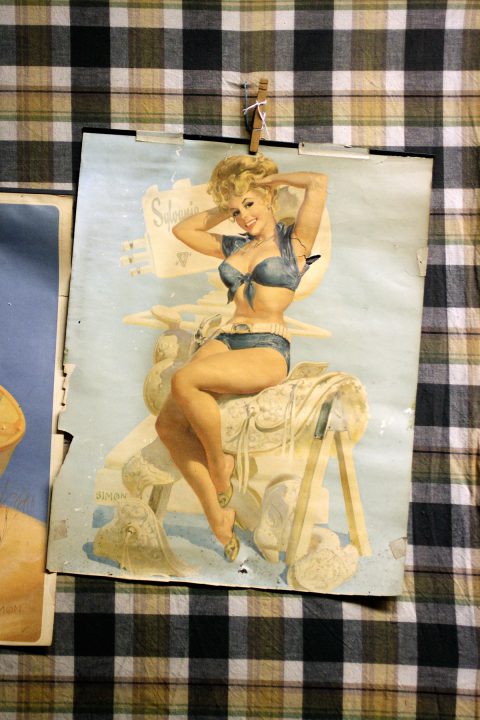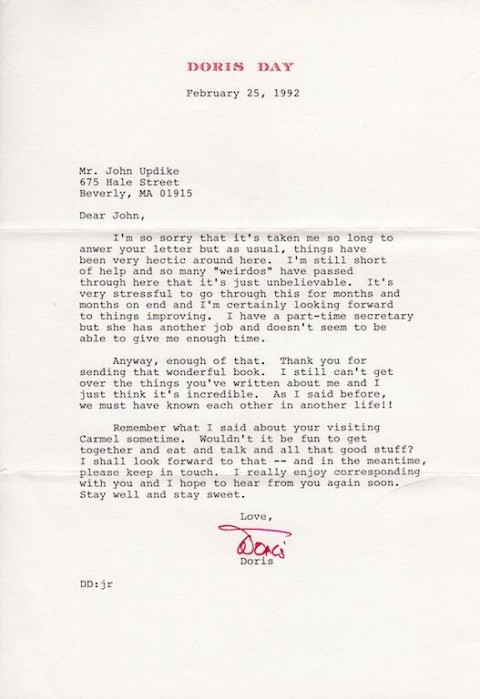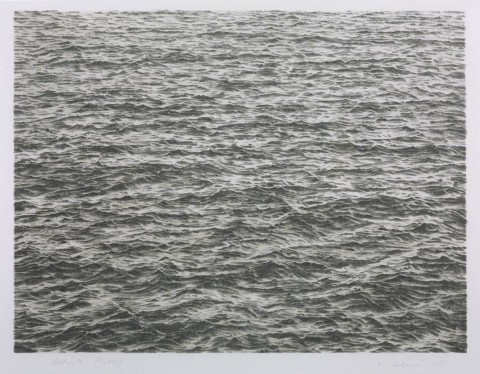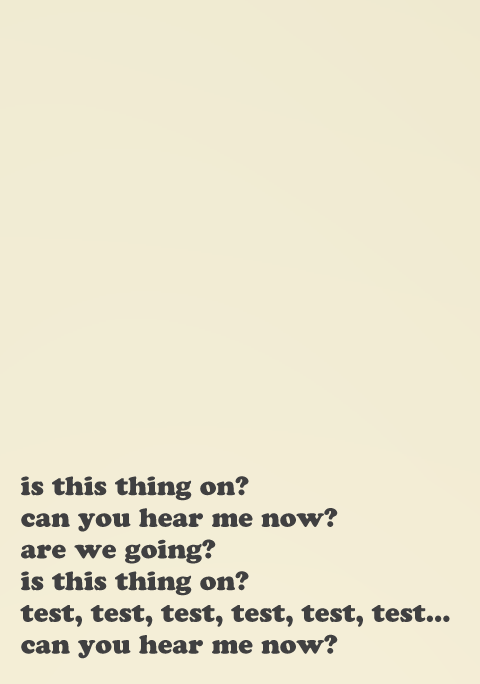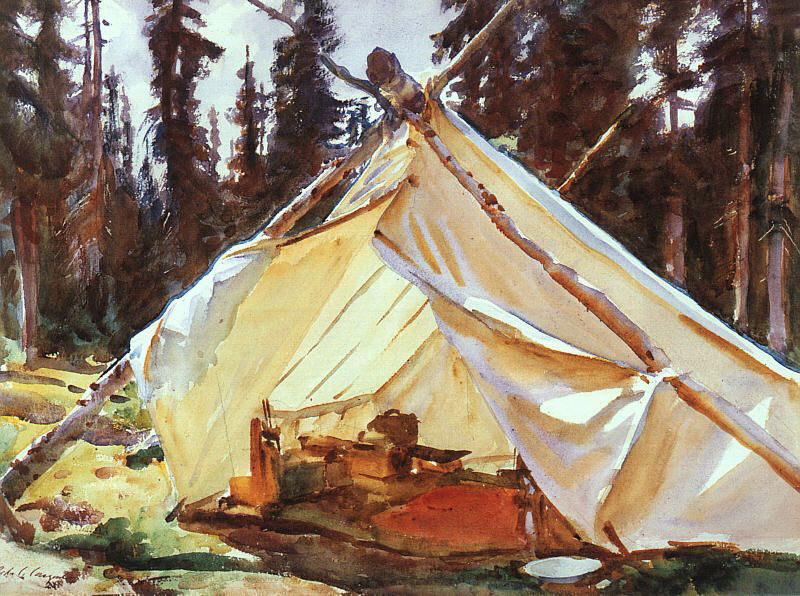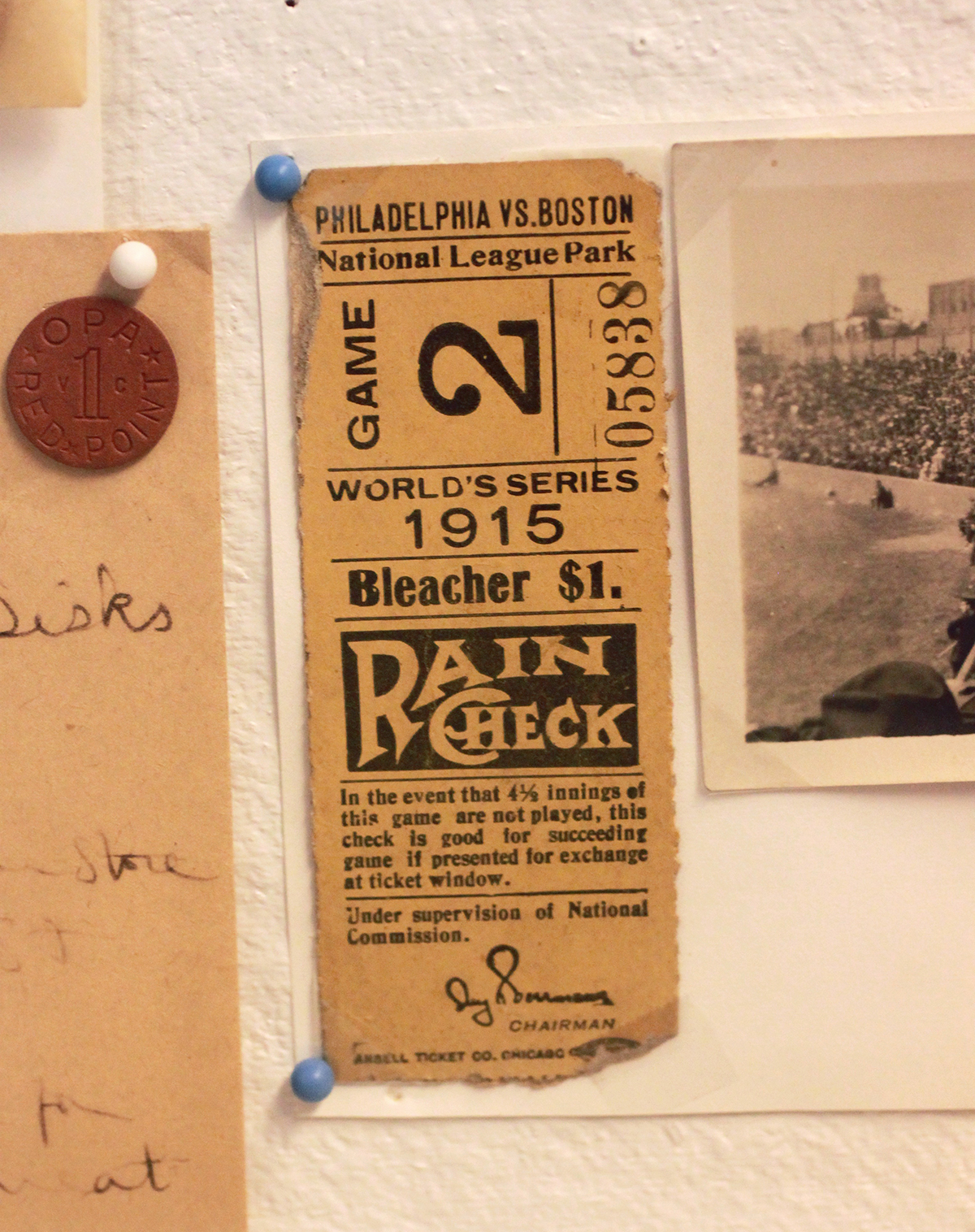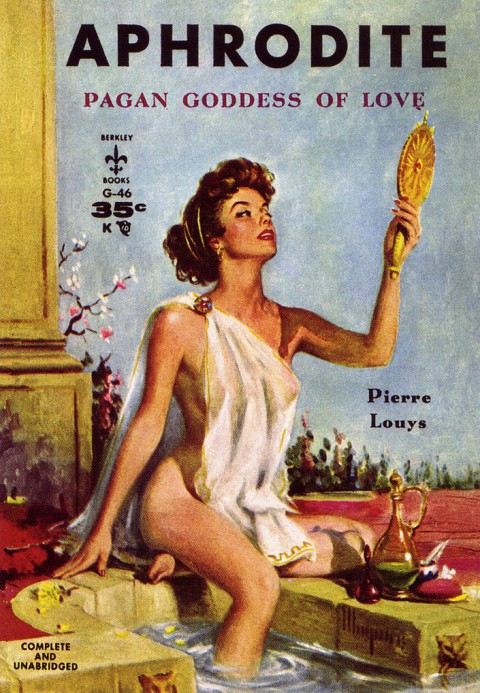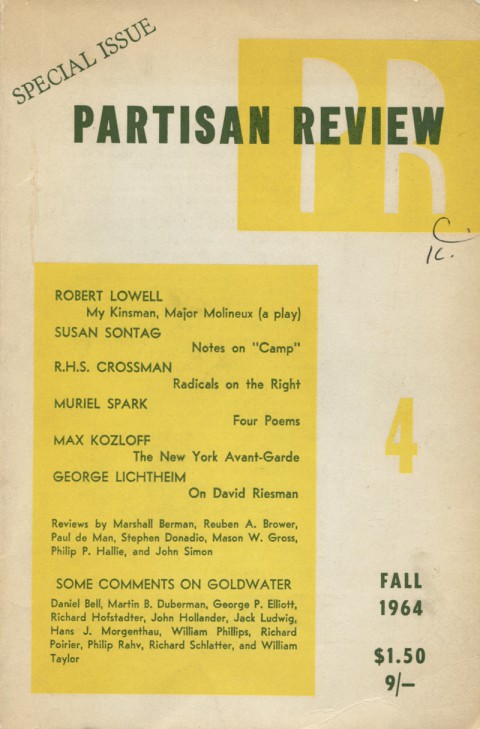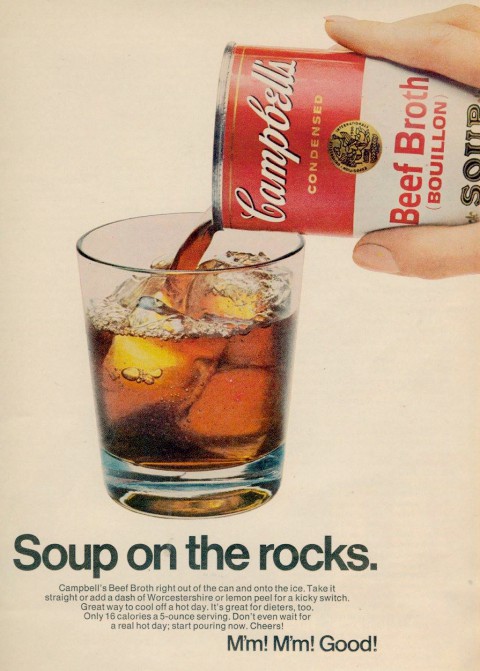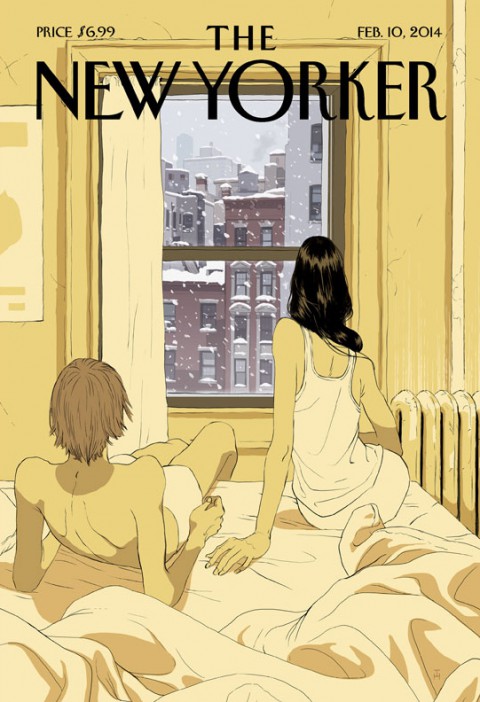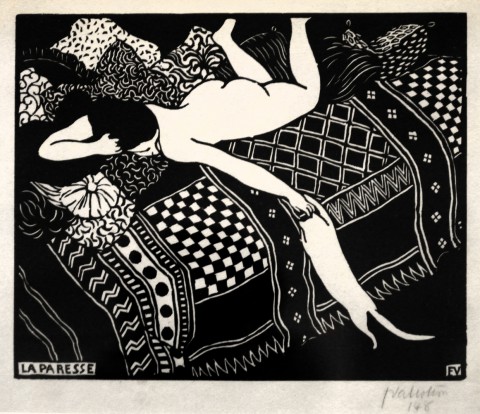Omens. It’s hard not to look for omens these days. Last year began black, pulled through the vacuum of Bowie’s passing and slouched, heavy & low, towards November, when Leonard Cohen’s cloak crumpled to the Death Star floor.
But, as Leonard Nimoy reminds us, the cosmic ballet goes on, and this year began bright and blazing. Cherry Glazzer shot across the January sky like a crackling, wildly erratic comet. There are craftier salvos on the delightful Apocalipstick, sure, but “Trash People” is where it’s at — 19 year old Clementine Creevy’s neon ode to wearing old undies, fueled by Ramen, aiming for the stars. My room smelled like an ashtray once too.
Another portent of radness was Roky Erickson’s gobsmacking live performance this September — sitting in utter serenity like a psychedelic Totoro amidst a cyclone of sizzlin’ fuzz. He opened with the one song I dearly hoped to hear — “Sputnik” — a gift echoed in shows by Al Stewart, who kicked off his Year of the Cat retrospective with “Sirens of Titan” and King Crimson, who opened their stunning reprise of seldom heard 70’s material with a full dress parade of “Lark’s Tongue in Aspic” Old heads were generous this year, and fierce.
The glammy, psychotronic and exquisitely addled Death Valley Girls opened for Roky and were a total gas.
The continued activity by stalwart members of LA’s 80’s punk heyday continues to be a source of profound pleasure and surprise. TSOL and Dream Syndicate released tremendous records this year, both bracingly modern but rooted in beloved earlier classics like Beneath the Shadows and Days of Wine and Roses. Even by those lights, though, the new record by legendary LA paisley punks the Last is something else entirely — tearing, snarling, breathtakingly melodic, gorgeously arranged, Danger is a full-on, definitive SoCal punk rock classic. (It says something about the obscurity of this achievement that its existence eluded even this super-fan for almost four years; it says something about the stature of this achievement that the record cover is graced with art by Raymond Pettibon.)
I don’t know about you, but my goth fever shows no signs of breaking. This year I was in full swoon for the Sisters of Mercy — proudly 30 years late to this midnight movie. But clearly these dark currents still run deep — one of the most accomplished and moving records I heard this year was the Demonstration by LA’s enigmatic Drab Majesty. Sonically built from readymade darkwave parts, it is a triumph of bracing melodrama and strikingly original songs.
Ladytron’s Helen Marnie’s ongoing project to morph indie electronica into stadium scale dance pop continues to yield irresistible, shimmering, sexy concoctions.
Whiteout Conditions, The New Pornographer’s second exploration of the creative potential of the arrpegiated synthesizer was marred only by the absence of Dan Bejar’s leavening weirdness. With Destroyer’s “In The Morning” here following the stomping “Colosseum,” they are fittingly re-united.
One of the enduring joys of crate digging is stumbling across seminal bands that somehow eluded your attention. Take the masterful Chameleons, for example, who happened to be standing right next to the Psychedelic Furs, Modern English and Bauhaus this whole time.
But then the obscurities can be pretty fucking exhilarating too — like encountering “Worlds in Collision” by Talking Head bassist and ex-Modern Lover Jerry Harrison. A needle in a haystack find, this throbbing, hypnotic rumble was a beautiful oddity I returned to over and over this year.
Un autocollant sur la couverture du premier album éponyme des Limiñanas en 2010 disait: “Nouvelle musique pop française pour le prochain millénaire”. La pop classique parisienne, la psychologie californienne, le garage / surf rock, Serge Gainsbourg et Ennio Morricone étaient alors les points de référence, et ils le restent sur Malamore. C’est une pièce d’ambiance – haut sur la répétition, fuzz et sitar – et leur plus sombre, plus dense pourtant, qui sonnent bien plus Velvet Underground & Nico que Françoise Hardy.
Total time: 51 minutes. Download the comp here.
[ ALSO, below: I finally re-created and re-posted the first in this series from 2008. It was a corker of a year for music and the mix remains one of my favorites. Check it out here! ]

